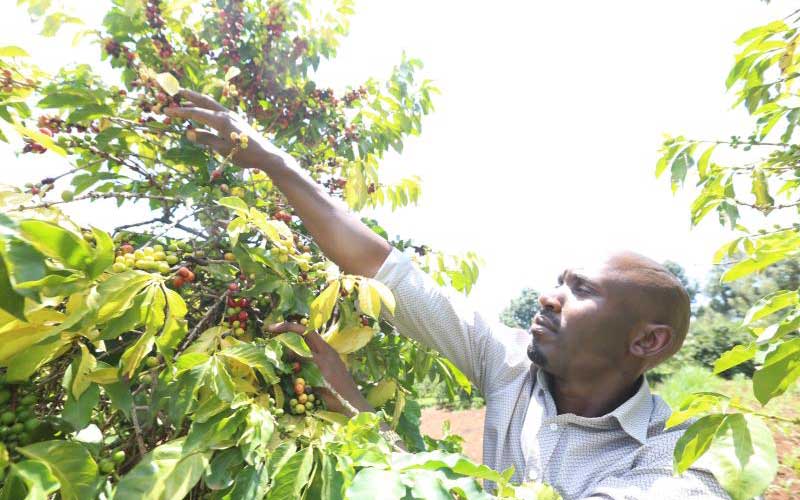×
The Standard e-Paper
Kenya’s Boldest Voice

Sammy Mandera tends to his coffee in Kisii County last year. New regulations require brokers to be licensed. [Sammy Omingo, standard]
Coffee farmers want the new regulations governing the sector suspended, claiming they could lead to major trading disruptions and in turn, affect their earnings.